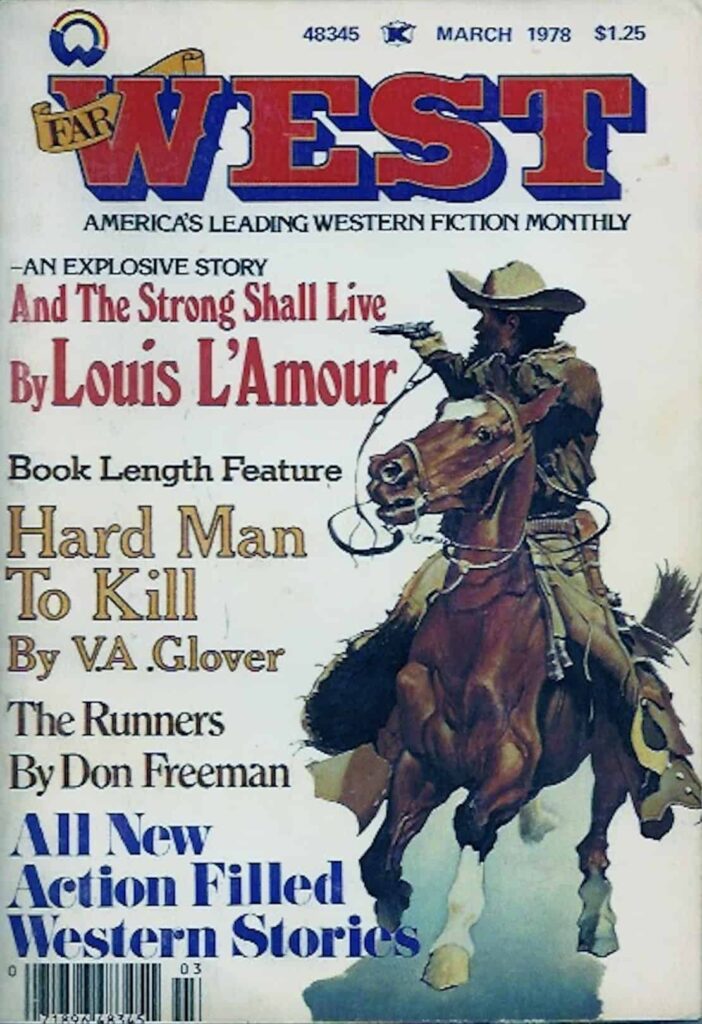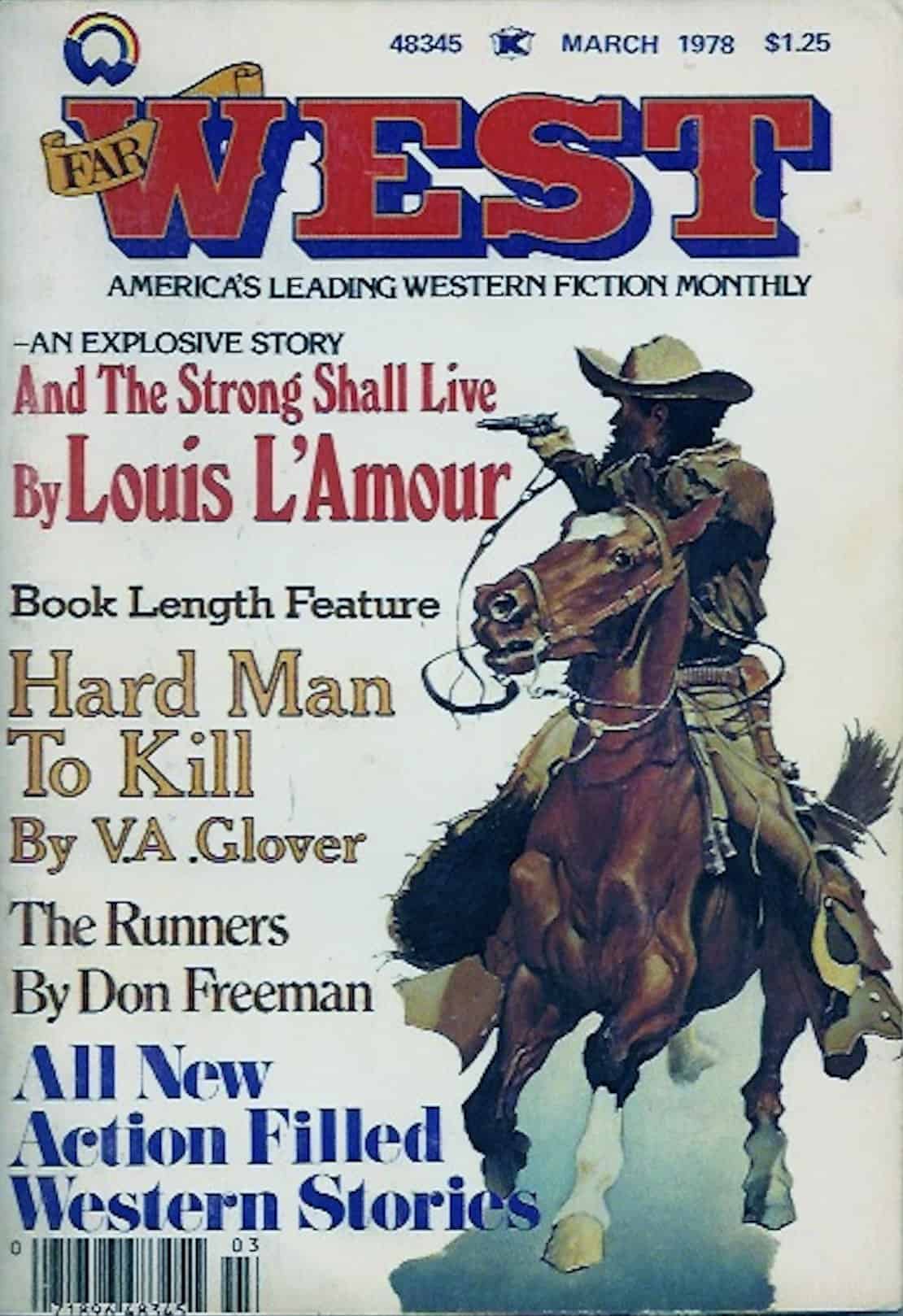“I learned to start at the top if there was a problem,” recalls Yvette Roberts, the Editor of “Top o’ the World” in 1973-74, on the lessons she learned in her Top days. When she came into Western in 1970, Yvette Roberts, a Gunnison native, quickly became involved with the student newspaper, which in those days was formally affiliated with the Associated Student Body (ASB), the university’s student government.
Roberts started out as the paper’s society writer, writing about clubs and various organizations on campus, including Greek Life. By that time, Greek Life had died down on campus after years of greater prominence around the middle of the century. Nevertheless, Roberts raises the campus’ oft-touted drinking culture, noting that it was alive and well in her days at Western.
Campus politics was also alive and well, and Roberts remembers writing an editorial about a controversial student body election. “The next thing is [that] both sides complimented me for taking their side,” says Roberts with a laugh. Not all the feedback was as kind, however.
After one piece Roberts wrote, an eager critic mistakenly left a critical note atop a big stack of papers on one of Roberts’ friends’ cars. “And so, that friend comes, and he’s got his big stack on his fender and this [critical] note,” says Roberts. “So yes, a lot of people did read it, and yes, there was criticism. It was an interesting time.”
Roberts, an English major, moved up the ladder into a role as a type of Editor’s apprentice in the 1972-1973 academic year. The next year, she formally became Top’s Editor, the first solo female Editor in some time, but not before some initial controversy involving another male applicant, who Roberts said had sparse qualifications for the position besides his gender. “I came in as an heir to the politics of that [situation], and I still don’t know what that was all about,” she notes.
“The expectation, when I would introduce myself as Editor, is that I was going to be a nice, quiet young woman,” explains Roberts with a laugh. Occasionally, others would try using intimidation on Roberts, but she was not having it. At the time, a women’s advocacy group on campus actively promoted female viewpoints and voices as cultural norms and expectations shifted slowly but steadily.
Roberts notes that the Vietnam War, in its later stages in her upperclassmen years at Western, certainly had an impact on Western, with a number of veterans returning from service to attend university.
“I think there were more challenges to authority. As older and more experienced people, they didn’t just accept what the powers that be said,” notes Roberts of the corps of returning vets, many of whom also brought back PTSD and addiction issues. But Roberts notes that Top o’ the World, at least in those days, largely kept to the matters of the student body, leaving regional and national affairs to other outlets.
While the student newspaper may not have covered all of the era’s counter cultural and social happenings, Roberts says this was not an indication that these movements did not carry weight among students, and in the Gunnison community. While she notes that many of the more radical students in those days likely would opt for other schools, there was certainly activity in the vein of social activism.
“There was a free underground newspaper (those were fairly common across the nation actually) floating around. Written anonymously, it appeared irregularly and read both by townspeople and students. It expressed a lot of counter-culture sentiments: questioning government actions, political motives of local and national leaders, advocating protection of the environment, [and] challenging the status quo,” adds Roberts in an email.
She notes that a free, informal university also cropped up in the valley during her Western days, offering coursework in disciplines like Buddhism, mysticism, and social activism. The early to mid 1970s were a critical time period for the Civil Rights and Feminism movements, and more Black students enrolled at Western, while women were encouraged to seek leadership positions on a more regular basis.
A key part of Roberts’ day-to-day role was to work out the contracts with the local printing shop, which B&B Printers won that year. She also supervised the resources needed to produce photographs from negatives, and oversaw a budget exceeding $20,000.
“One of the things that I had pledged as part of my editorship was that you’d always be able to find somebody during office hours at the Top office,” notes Roberts. The office, in those days, was in the upper floor of what was then-called the Student Union.
“It was very convenient, because not very many people ever showed up, but I felt obligated to be there…If it was a slow day, I would simply say ‘come knock on the closed Editor’s office door’, and I’m short enough that I could just stretch out on top of the desk and take a nap!” exclaims Roberts, who had few qualms about advocating for herself, and for the newspaper.
“I learned early on, that the President of the college didn’t seem to have a lot of things going on in his office. So fairly frequently, I often would just start at the top. If somebody was giving me grief or I needed answers to something, I would just start with him; make an appointment and go see the President of the college…I think they found it kind of amusing that I would start at the top,” says Roberts with a chuckle.
After Western
After graduating from Western, Roberts went on to a career that included work in journalism and broadcast media, selling her first national piece, “Whispers of Home,” when she was 22, although the piece waited for publication until March 1978, the first publication of “Far West”.
“The story is based on actual incidents on wagon trains moving west where people sort of lost it. A wagon was set on fire, people got lost and were never seen again on the prairies,” relays Roberts. “That was a pretty amazing experience. A fan letter from a reader appeared in the following issue.”
For her efforts, Roberts was listed with Louis L’Amour as a top western author and was invited to join the Western Writers of America.

Now retired, Roberts lives in Grand Junction, where she enjoys the somewhat warmer weather. Her parents met at Western back in the 1940s and early 1950s, after her mother moved to Colorado from Ohio and her father returned from service in World War II as a Marine.
After Western, Roberts went on to work for The Silver World in Lake City, in addition to other print outlets. “It’s kind of embarrassing– most of the places that I worked for that were print media eventually went out of business. Not necessarily while I was working for them, but they no longer exist,” adds Roberts.
She also found employment at radio stations in Gunnison and in Grand Junction, including KVLE (102.3 locally), both as an on-air personality and behind the scenes as a copywriter. “In those days, it was pretty unusual to have a female voice available. I had taken voice classes at Western…and if I went and wrote a commercial that needed a female voice, I was the female voice,” adds Roberts.
In addition to journalism, Roberts also taught in high schools for more than two decades, bouncing around the state for gigs at Walsh (near the border with Oklahoma and Kansas), Woodlin (in Woodrow, up in the northeast corner of the state), Sangro De Cristo (down in the San Luis Valley), and finishing up in Salida, offering journalism courses and advisement to student newspapers throughout her teaching career.
For her efforts, Roberts earned a Colorado Student Media Association Medal of Merit for her work at Salida High School in 2011, advising the student newspaper at the same school she once completed her student teaching stint at, bringing her career full circle.
In 2012, Roberts was selected for the 2012 Colorado Voices cohort by the Denver Post, one of just two people from the Western Slope chosen to serve as a Denver Post columnist for a year. “Being chosen as a year-long guest columnist was a direct result of having been editor of the Top,” says Roberts, who wrote about one of Western’s many name changes during her tenure as columnist.

